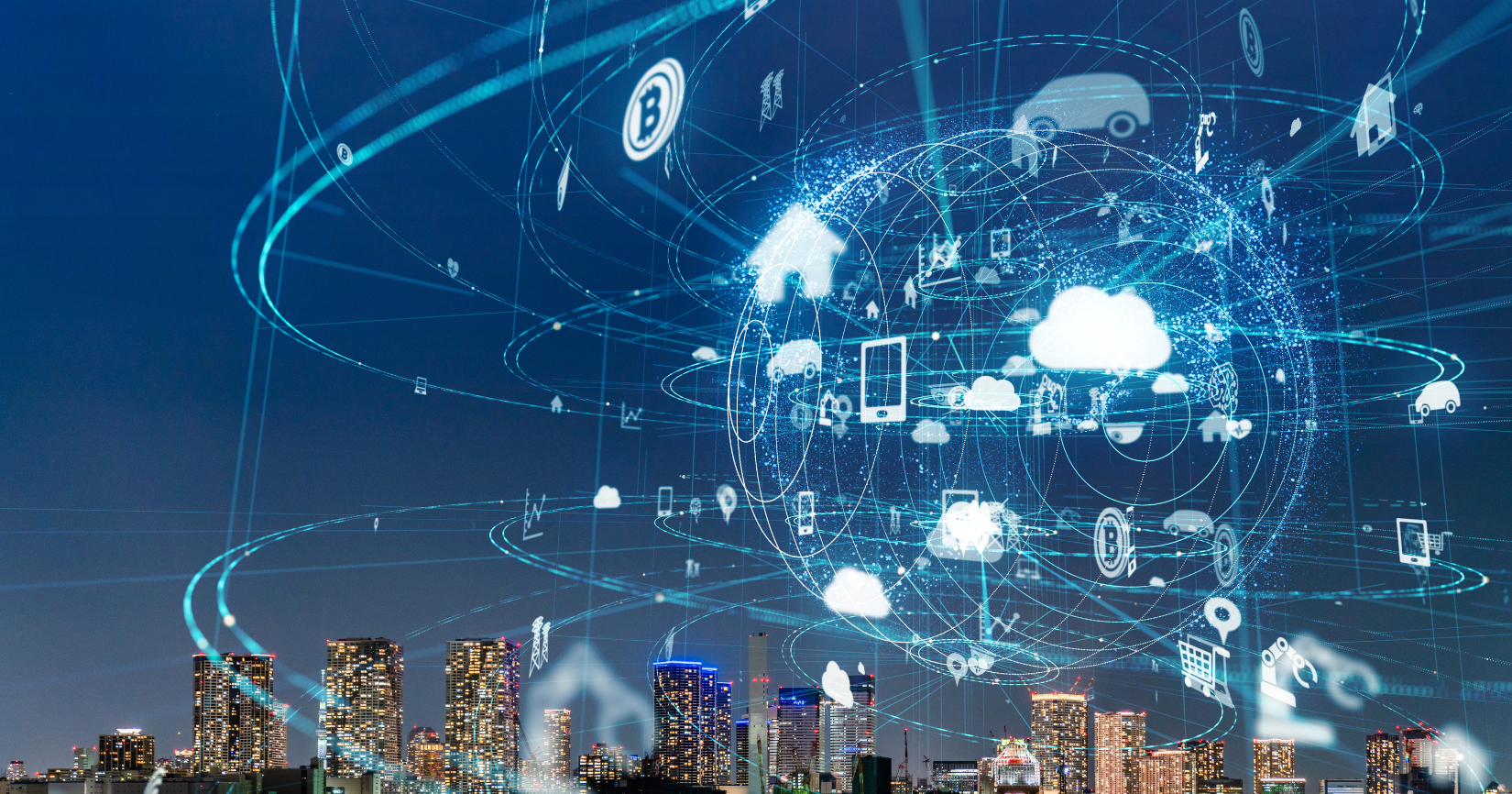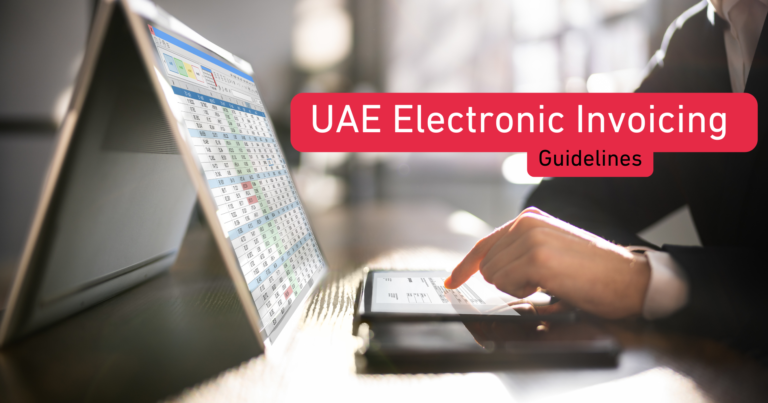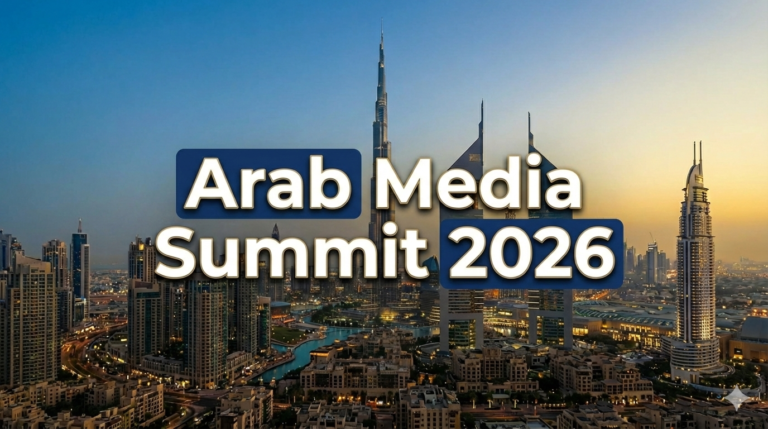
Step into a Dubai Metro station and you’ll see smart gates scanning Nol cards, AI-powered cameras monitoring passenger flow, and mobile apps updating train schedules in real time. Beyond the station, autonomous shuttles are on trial, drones monitor construction, and paperless services run from the palm of your hand. This is not science fiction—it’s the Smart Dubai vision in action.
What Makes Dubai a Smart City
Dubai launched its Smart City strategy to digitize government, modernize services, and enhance quality of life. Through the DubaiNow app, residents can access over 130 services—from paying utility bills to renewing car registrations—without paperwork. The government’s decision to go 100% paperless by 2021 has saved billions of dirhams and millions of labor hours (u.ae).
The city’s smart transformation isn’t only about convenience—it’s also about competitiveness. By embedding AI, blockchain, and IoT across systems, Dubai aims to attract investors, create jobs, and position itself as a global digital hub.
Key Sectors Driving the Transformation
• Digital Governance: Blockchain-based land registries under the Dubai Land Department and AI-powered customer service bots in public portals.
• *Mobility: Self-driving taxis under trial by the *Roads and Transport Authority (RTA) and plans to make 25% of journeys autonomous by 2030.
• *Healthcare: AI-driven diagnostics, telemedicine expansion, and blockchain-secured patient records via the *Dubai Health Authority.
• *Energy and Sustainability: Smart meters, solar grid integration, and smart irrigation supporting the *Net Zero 2050 strategy.
• Safety: Predictive policing and AI surveillance led by Dubai Police to maintain one of the world’s safest city rankings.
Evidence on the Ground
• DubaiNow transactions exceeded millions annually, proving adoption of paperless governance.
• Smart grids and the Mohammed bin Rashid Solar Park supply clean power, making communities more sustainable.
• DIFC has become a fintech hub using blockchain to streamline trade finance and regulatory compliance.
• RTA pilots of autonomous vehicles and drone taxis are already underway, signaling a future of driverless mobility.
Federal and Global Context
Dubai’s smart push aligns with UAE-wide strategies like the UAE National Digital Economy Strategy and Artificial Intelligence Strategy 2031. Internationally, the emirate benchmarks itself against Singapore, Seoul, and London, positioning its urban model as a case study for smart governance and economic diversification.
Challenges and Adaptations
The rapid rollout of new technologies brings challenges: cybersecurity, cost of adoption for SMEs, and data privacy. However, proactive regulations, public-private partnerships, and investments in digital literacy are addressing these gaps. The city’s model is iterative—testing, refining, and scaling.
Where the Momentum is Heading
• Autonomous transport integration with metro, buses, and last-mile solutions.
• Blockchain adoption in trade, real estate, and healthcare.
• AI copilots in education and city planning.
• Green smart housing with IoT energy optimization.
SEO and AI SEO Keywords and Phrases
• Dubai smart city initiatives
• Smart Dubai strategy
• DubaiNow government services
• Dubai blockchain projects
• Dubai AI adoption
• RTA autonomous transport Dubai
• Dubai smart healthcare
• Dubai Net Zero smart grids
• DIFC fintech blockchain Dubai
• Dubai smart policing AI
Meta Title
Dubai Smart City Initiatives | AI, Blockchain, and Paperless Governance
Meta Description
Explore Dubai’s smart city transformation. From AI and blockchain to autonomous transport and paperless governance, see how technology shapes daily life.


